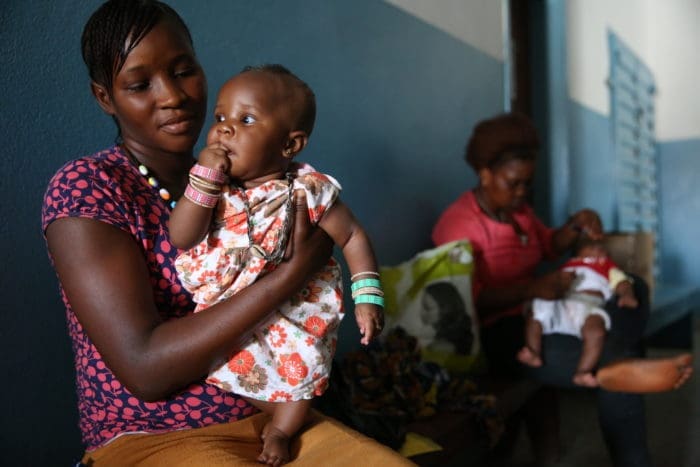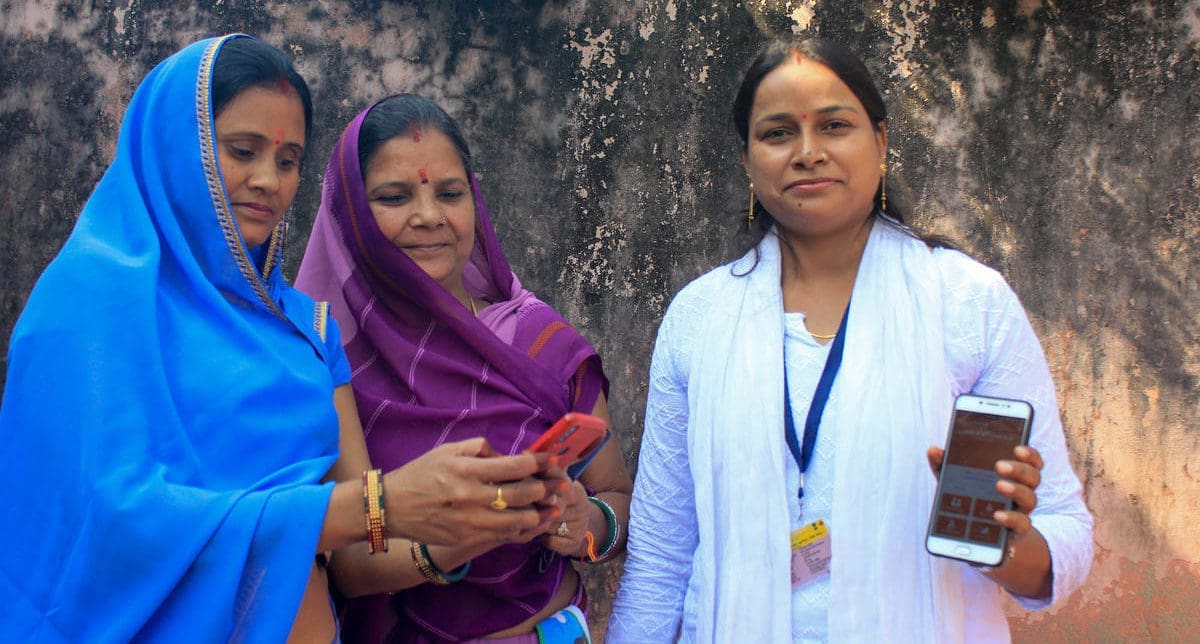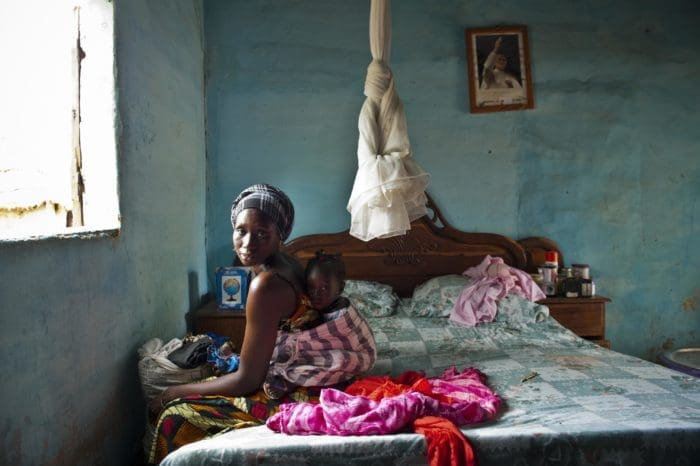
Where you live should not determine how long or how well you live, yet millions of people around the world face persistent barriers that impact their health and wellbeing. Today, factors such as income, education, and community security act as gatekeepers to health. Environmental and social variables such as access to food, water, transportation, and human support systems often predict whether a person falls ill.
Societies also continue to focus health spending disproportionately on curative care rather than preventive care, neglecting to address chronic and systemic conditions that cause persistent suffering amongst their most vulnerable. This preference for health care ultimately harms community health by treating and returning individuals to the environments in which they first fell sick.

To evaluate the strength of our health systems, we look to maternal and child survival − the hallmarks of healthy communities. Today, far too many women die from preventable pregnancy-related conditions, and even more children die from common preventable illnesses such as diarrhea and pneumonia. Without substantial changes in the near future, global progress toward Sustainable Development Goal 3 – to ensure healthy lives and promote well-being for all at all ages – will continue to be slow and inequitable.
We know that predictive analytics can identify communities at high risk for maternal and newborn deaths, so that preventive interventions can be more precisely targeted to prevent deaths, disability, and serious illnesses. It is important that these interventions be informed by data about the social determinants of health – for example, income, education level, living conditions, and access to roads and transportation. These types of data can help direct resources to where they are needed most.
We believe that we can leverage data’s full potential to not only improve health outcomes, but also to prevent disease, illness, and pandemics before they occur.

Our approach encompasses two major components: Innovation and Partnerships − areas through which we believe we can facilitate better health outcomes by empowering community health workers (CHWs) with data-driven insights. Through innovation, we work to aggregate and analyze data to create new, predictive insights that make the work of CHWs more effective and efficient. These insights can then be scaled up through strategic partnerships in our target geographies to accelerate impact on at-risk populations. Finally, we work to drive a health paradigm shift by collaborating with partners from all sectors and geographies to combine efforts, develop best practices, and unlock additional resources.


Comments
Post a Comment